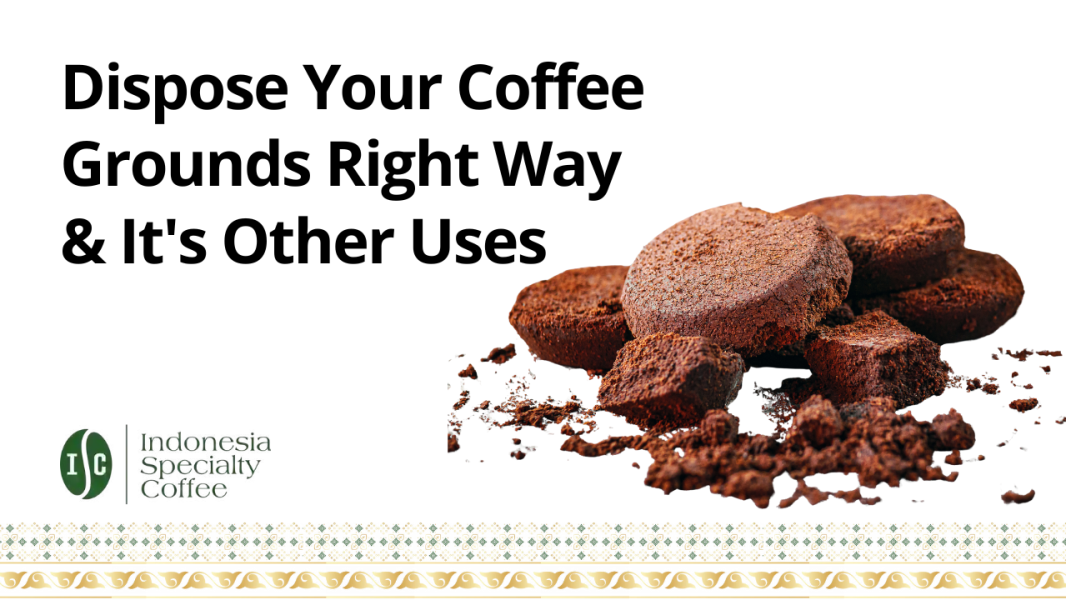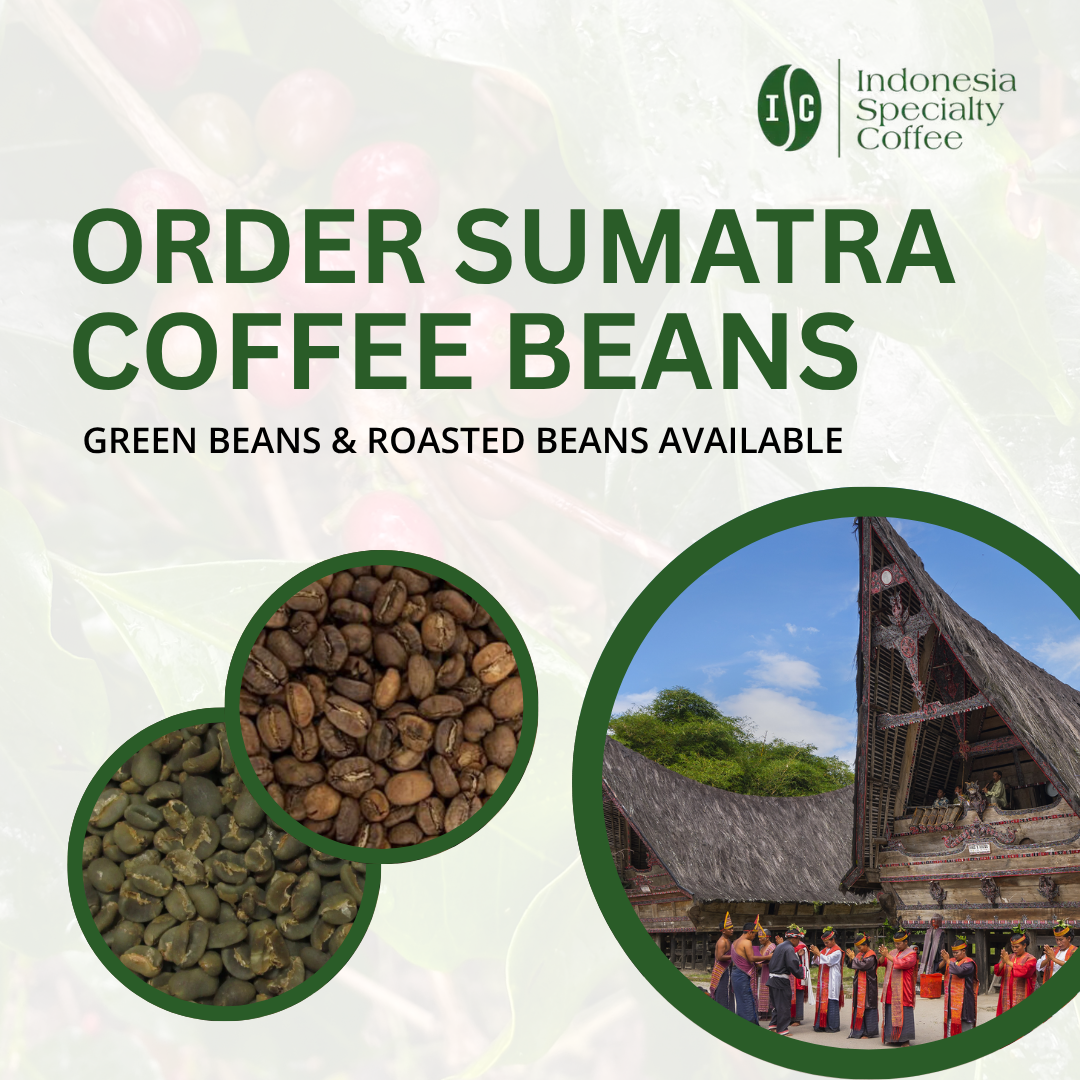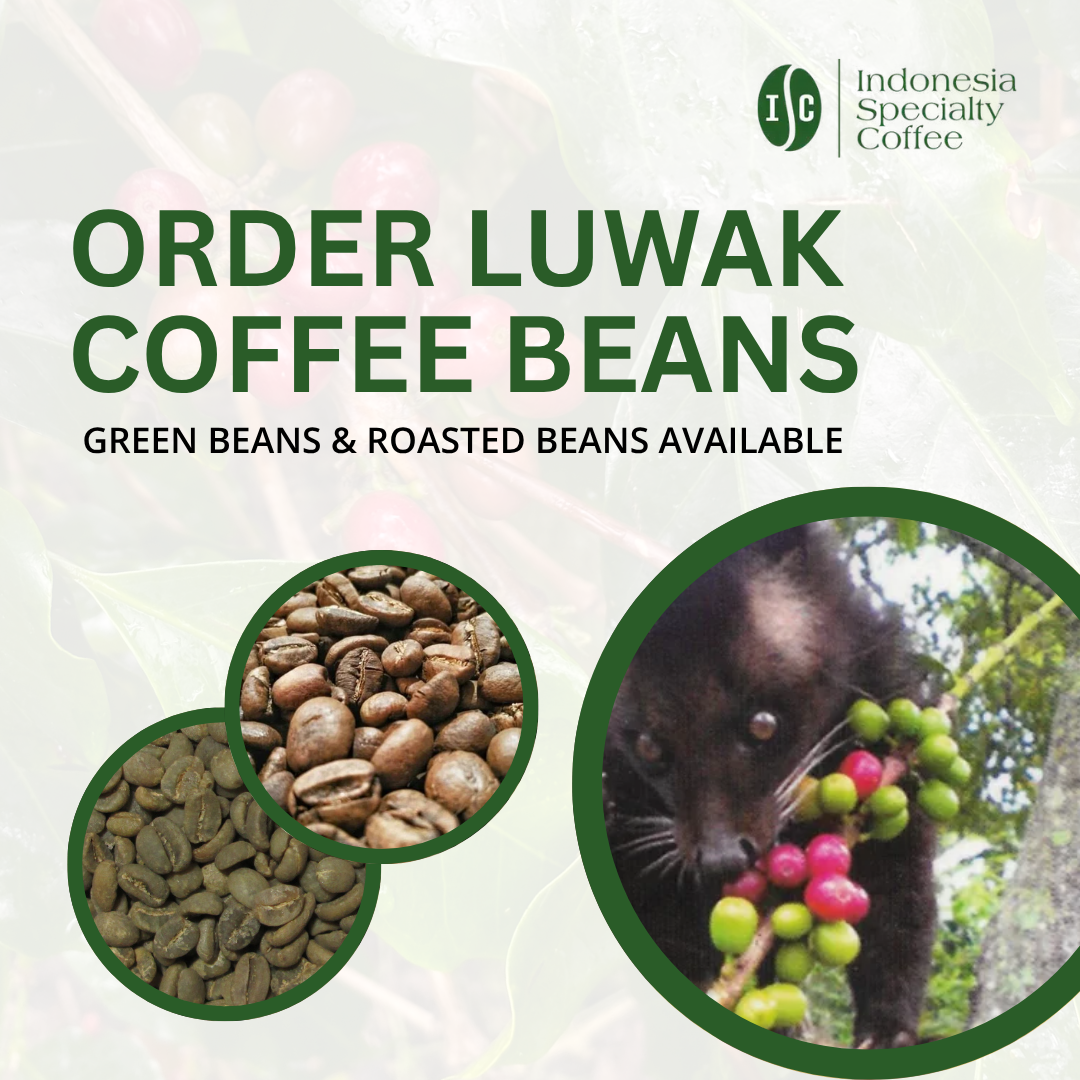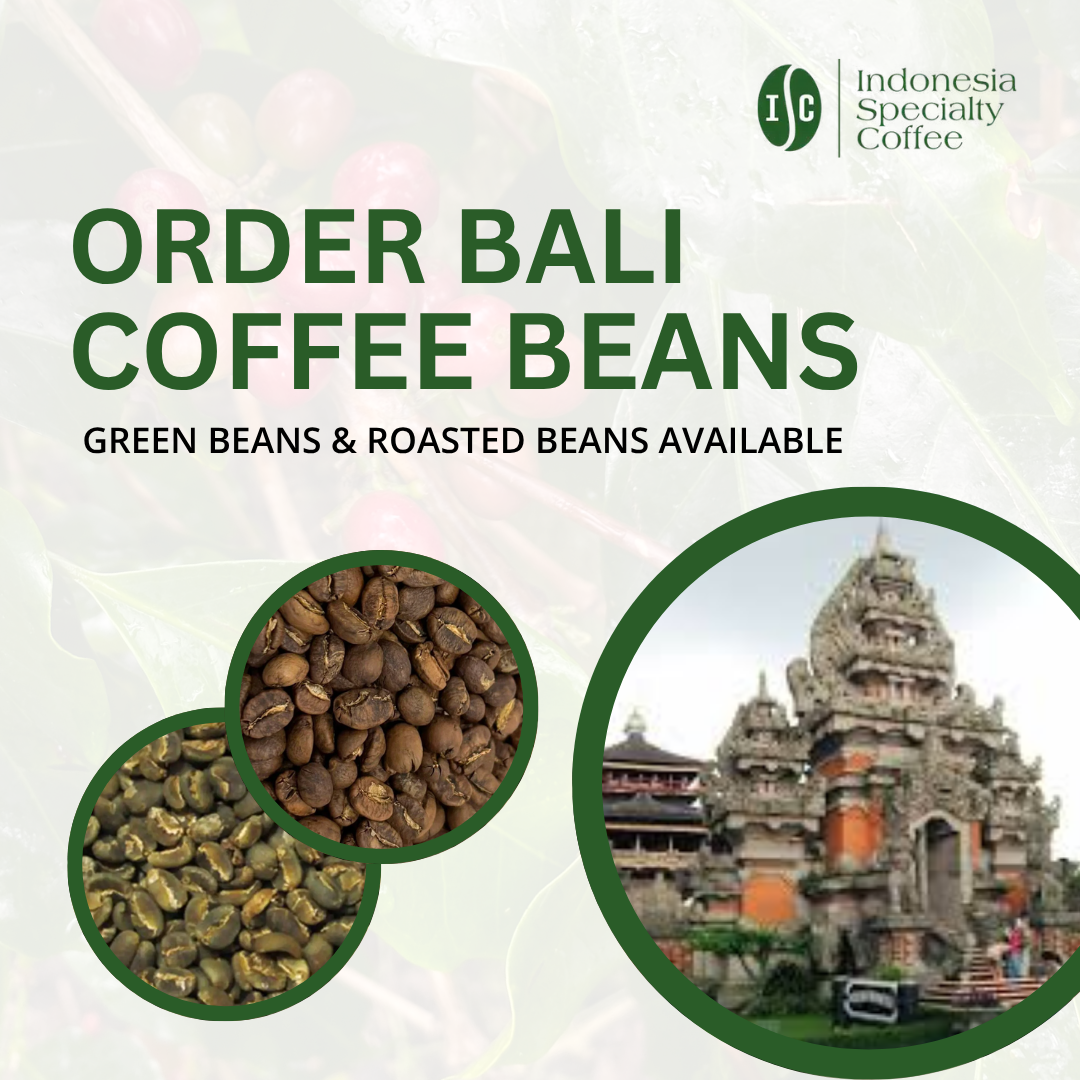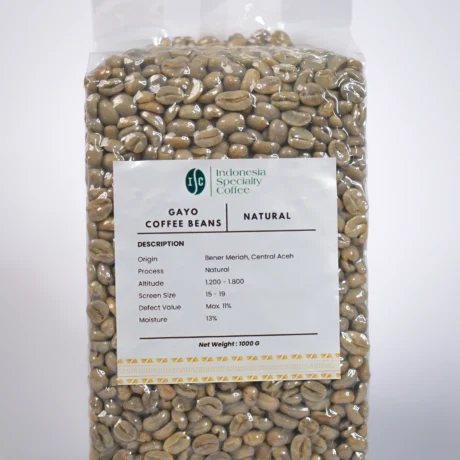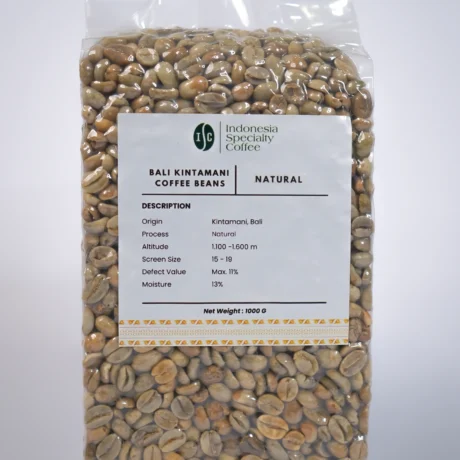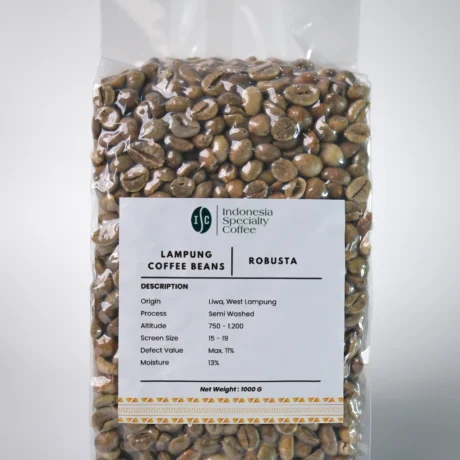The daily ritual of brewing a fresh pot of coffee is a cornerstone of many mornings. The rich aroma fills the air, and the warm liquid provides a much-needed boost. However, once the brewing is complete, the spent coffee grounds often end up directly in the trash bin without a second thought.
This seemingly harmless action contributes to a significant environmental issue, and it also means missing out on a wealth of potential uses for this valuable byproduct. Understanding the impact of improper disposal and the numerous ways to repurpose used coffee grounds can lead to more sustainable habits and surprising benefits around the home and garden.
The Problem with Tossing Coffee Grounds in the Trash
Consider the journey of those seemingly insignificant brown remnants. Once the flavorful essence has been extracted for our enjoyment, the wet grounds are often scraped into the garbage. In this context, they become part of the larger issue of food waste in landfills. Landfills are engineered to be anaerobic environments, meaning they lack oxygen.
When organic materials like coffee grounds decompose under these oxygen-deprived conditions, they release methane gas. Methane is a potent greenhouse gas, significantly more effective at trapping heat in the atmosphere than carbon dioxide, thereby contributing to climate change. This contrasts sharply with the process of composting, where organic matter breaks down in the presence of oxygen, primarily releasing carbon dioxide and water vapor, a far less environmentally damaging process.
Don’t Throw Your Coffee Grounds into the Sink!
Beyond the environmental implications, the simple act of washing coffee grounds down the kitchen sink presents another common but problematic disposal method. Unlike liquids or finely ground food particles that can be processed by wastewater treatment facilities, coffee grounds are solid and do not dissolve in water.
Lack of coffee stocks? Buy & Try our ones:
The Right Way to Dispose of Coffee Grounds
Once the environmental and plumbing risks are understood, the question becomes: what is the right way to handle used coffee grounds? The most beneficial and environmentally sound method is composting. Composting is a natural process that recycles organic waste into a rich soil amendment known as humus. Coffee grounds are a perfect addition to a compost pile because they are considered a “green” material, providing a valuable source of nitrogen.
This nitrogen is essential for balancing a compost pile that contains “brown” materials like dried leaves, wood chips, and shredded paper. When mixed properly, these components break down efficiently and do not produce harmful methane gas. If you have a home garden, adding coffee grounds to your compost bin is a simple way to create nutrient-rich soil that will nourish your plants.
For those without a compost bin, many communities now offer municipal composting or food waste collection programs. Check with your local waste management services to see if a green bin is available for your organic waste.
If composting or a municipal program isn’t an option, you still have an incredible opportunity to give your coffee grounds a second life. Instead of viewing them as waste, think of them as a resource. There are a surprising number of practical and creative uses for used coffee grounds that can benefit your home, garden, and even your personal care routine. These alternative uses not only keep grounds out of landfills but also offer natural, cost-effective solutions to common household needs.
The Secret Life of Coffee Grounds: Practical & Creative Uses
Before you toss those grounds, consider the following ways to repurpose them.
Put it in Ashtrays: A Common Practice in Indonesian Warung Kopi / Coffee Shops
In Indonesia, particularly in the traditional coffee stalls known as warung kopi and other cafes, a clever and widespread use of coffee grounds can be observed. After the brewing process, the spent coffee grounds are not immediately discarded. Instead, they are often placed in ashtrays. This practice serves a dual purpose.
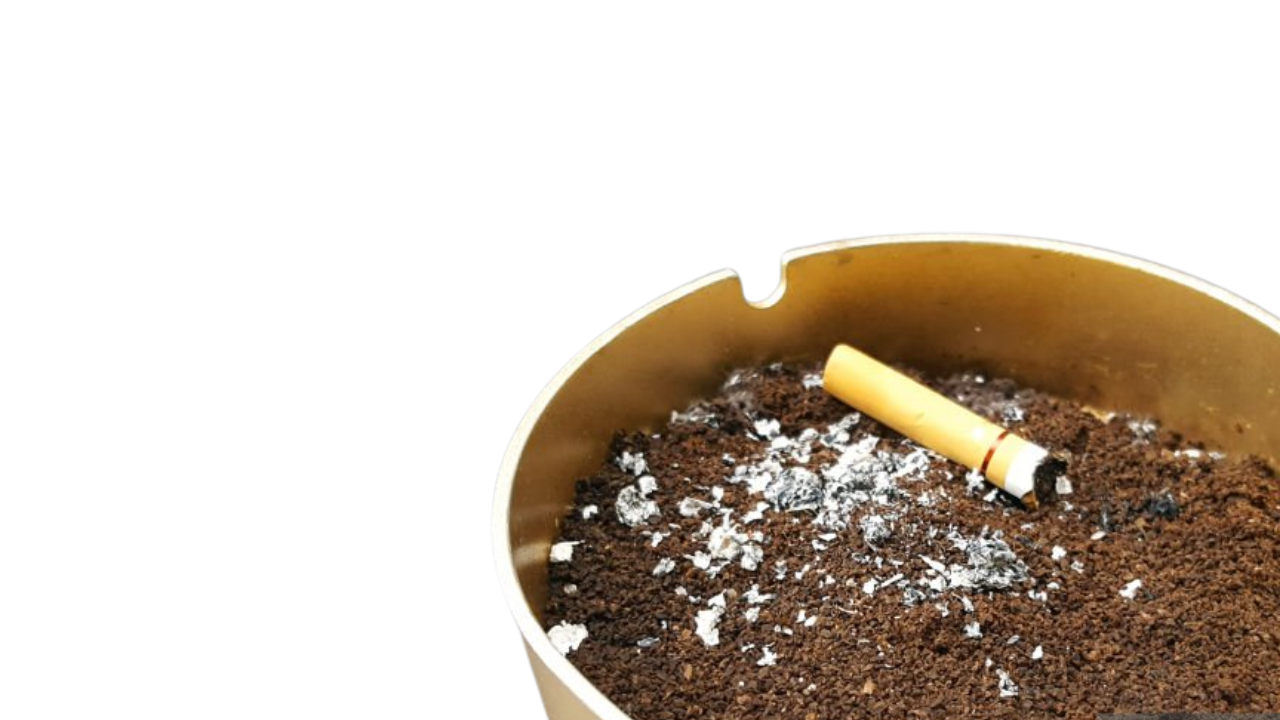
Firstly, the coarse texture of the coffee grounds provides a safe and effective way to extinguish cigarettes. A smoker can press the lit end of a cigarette into the grounds, which quickly smothers the ember and prevents the cigarette from continuing to smolder. This reduces the risk of accidental fire.
Secondly, the strong, pungent aroma of the coffee grounds acts as a powerful natural deodorizer. It effectively absorbs and neutralizes the smell of stale cigarette smoke, keeping the air around the ashtray fresher. This simple, resourceful method is a testament to the local culture of maximizing the utility of every resource. It demonstrates a practical application of coffee grounds that benefits both safety and cleanliness in a social setting.
For the Garden & Plants
- Natural Fertilizer: Coffee grounds add nitrogen, potassium, and phosphorus to the soil, which are vital nutrients for plant growth. As the grounds decompose, they release these minerals slowly, providing a steady food source for your plants. They are slightly acidic, making them a great choice for acid-loving plants like roses, hydrangeas, azaleas, and blueberries.
- Pest Repellent: The coarse texture and strong scent of coffee grounds are a natural deterrent for many common garden pests. Sprinkling a barrier of grounds around the base of plants can help protect them from slugs and snails. The scent also helps to discourage cats from using your garden beds as a litter box.
For the Home & Household
- Odor Neutralizer: The porous nature of coffee grounds allows them to absorb strong odors effectively. You can place a small bowl of dried grounds in your refrigerator or freezer to eliminate food smells. For trash cans or garbage disposals, simply toss a handful of grounds inside to combat lingering unpleasant scents.
- Abrasive Scrubber: Coffee grounds make an excellent, non-toxic scrubbing agent. Their fine, abrasive texture is perfect for cleaning stubborn grime from pots, pans, and grills without scratching surfaces. Mix a few spoonfuls with a little dish soap and water to create a powerful, natural cleaner.
- Wood Furniture Polish: For minor scratches on dark wood furniture, a paste made from coffee grounds and a small amount of water can work wonders. Gently rub the paste into the scratch with a cotton swab, and then wipe away the excess. The dark color helps to disguise the imperfection.
For Beauty & Personal Care
- Exfoliating Body Scrub: The texture of coffee grounds is ideal for exfoliating dead skin cells. You can make a simple body scrub by mixing a tablespoon of used grounds with a tablespoon of coconut or olive oil. The caffeine is also believed to improve circulation and reduce the appearance of cellulite.
- Hair Rinse: A cool, strong pot of brewed coffee can be used as a hair rinse. It helps to add shine and luster to hair and can even temporarily darken brown and black hair. After shampooing, pour the cooled coffee over your hair, let it sit for a few minutes, then rinse thoroughly.
Over time, these grounds can accumulate within plumbing systems, particularly in bends and traps in pipes. When mixed with other common household waste like grease, fats, and soap residue, coffee grounds can form stubborn clogs.
These blockages impede the flow of water and can eventually lead to slow drains, backed-up sinks, and even significant plumbing emergencies requiring costly professional intervention. Therefore, the seemingly convenient act of rinsing coffee grounds down the drain ultimately poses a risk to household plumbing infrastructure.
For the Kitchen
- Meat Rubs & Marinades: Used coffee grounds can add a deep, smoky flavor and a nice crust to grilled or roasted meats. They also have an acidic quality that works well as a natural tenderizer. Simply mix a few spoonfuls with your favorite spices to create a custom dry rub for steaks or ribs.
- A Natural Deodorizer for Your Hands: After handling strong-smelling foods like garlic, onions, or fish, rubbing a small amount of coffee grounds on your hands can quickly neutralize the odor. Just scrub for a few seconds and then rinse clean.
Conclusion
The next time you finish your morning coffee, think twice before heading for the trash. Your used coffee grounds are not simply waste; they are a resource with a second life waiting to happen. By choosing to compost your grounds, you are making a conscious choice to reduce methane emissions and create valuable soil for plants.
Alternatively, by repurposing them around your home, garden, and in your personal care routine, you can discover countless ways to save money and embrace a more sustainable lifestyle. Giving your coffee grounds a second life is a simple change that can make a big impact on both your home and the environment.

